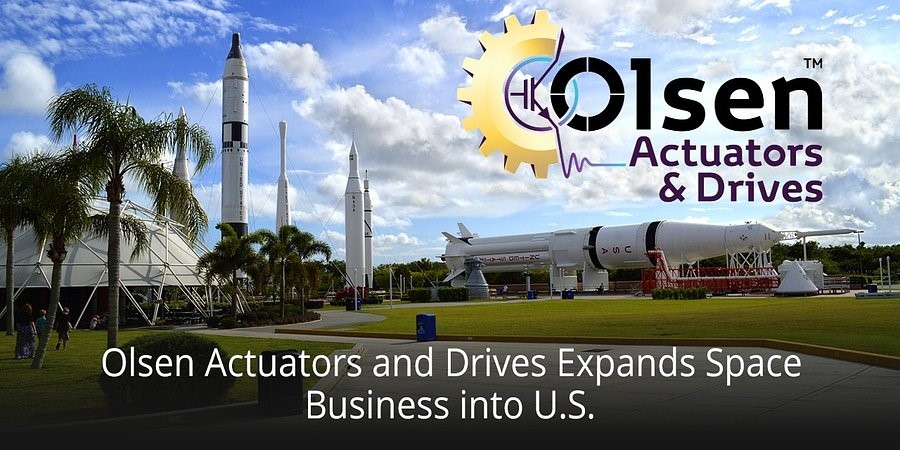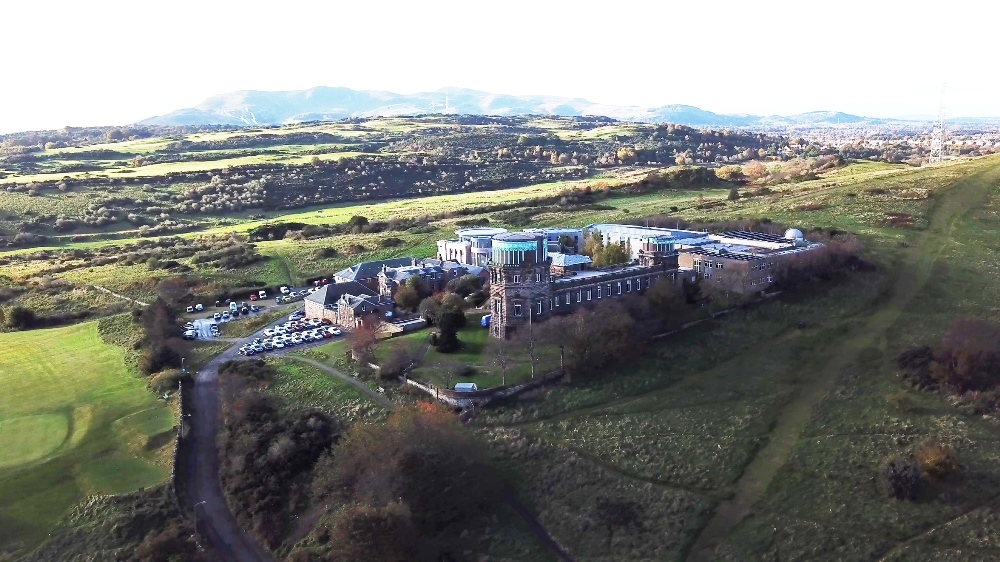Seraphim Space & Generation Space Accelerator launches Mission 11

Above:
Rob Desborough, Managing Partner at Seraphim Space and CEO of the Accelerator.
Courtesy Seraphim
Since 2018 the programme has helped 81 startups raise over $270m from 80 VCs, demonstrating the growth and innovation within the SpaceTech sector.
The accelerator’s 11th cohort is the company’s most geo-diverse yet, including the first startup dedicated to the African space economy to join the programme.
The global reach of this new cohort reflects the exponential growth of the space economy. According to the company’s Space Index, Q1 was the first time that European investment in space surpassed the US, with European governments putting an enormous focus on space sovereignty in launch, constellations and communications in 2023.
The accelerator is a three month programme that supports SpaceTech companies from inception to IPO. The latest cohort from the team behind the world’s leading space fund features nine startups looking to develop key relationships with some of the world’s leading corporates and agencies operating in the space sector as they raise capital to commercialise their technology. The cohort members focus on areas including optical communication systems, financial hedging tools, multi-sensor imaging satellites and IoT-integrated nano-satellites.
- Astrolight (Lithuania)
Optical communication system for low-Earth-orbit (LEO) satellites offering 10 times more bandwidth at 50% cost of the existing radio-based communication systems. - EarthEye (Singapore)
Marketplace platform to discover and use geospatial data and insights for enterprises, governments, SMEs, NGOs, research organisations and startups. - GalaxEye (India)
World’s first Multi-Sensor Imaging Satellite addressing the deficiencies of current satellite images. - Kurs Orbital (Italy)
Developing docking technology to enable reusability, maintenance and life extension services for satellite operators - Allocation Space (USA)
Building a Swap Execution Facility to provide the space industry with financial hedging tools to offset resource, event and operational risks - Amini (USA)
Pioneering the development of African data infrastructure with its own constellation of IOT-integrated nano-satellites, enabling near real-time and low-cost data collection over Africa. - Orbital Composites (USA)
Using Robots, AI, and Recyclable Materials to 3D print advanced composites for terrestrial and in-space applications, enabling greater payload capacity. - SPACEIUM (USA)
Developing fully reusable in-space refuelling stations to store and transfer cryogenic fuel with a unique docking mechanism to support current and future space vehicles. - Virtus Solis (USA)
Developing commercial space-based solar power systems to provide clean, firm, dispatchable, low-cost energy globally.
The Accelerator’s unique position at the epicentre of the New Space ecosystem continues to attract startups from all over the world - with this year’s cohort being scouted from the top 2% of global SpaceTech startups. Startups continue to flourish in spite of a tough economic climate and there have been a number of success stories among the former participants in the Seraphim Space accelerator. Mission 2 alumni Constellr, a German startup building the first globally scalable crop water monitoring system, raised $10 million earlier this year in one of the largest seed funding rounds in the space sector to date. In October 2022, Mission 8 alumni Array Labs secured $5 million in funding to build satellites to create a real-time 3D map of Earth.
Rob Desborough, Managing Partner at Seraphim Space/Generation Space and CEO of the Accelerator, said: “Mission 11 is another fantastic milestone, as our cohort continues to scale into new territories to benefit the global space industry. Over 25 nationalities are now represented by our alumni and we are expanding our presence, as well as having our first ever startup dedicated to the African continent. This is just the very beginning for the cohort and we’re excited to see what they can do.
"Since the accelerator was launched over five years ago, we have witnessed an extraordinary period of growth within the space sector and this latest cohort stands testament to the impressive development of the industry around the world. In the last 12 months alone, over $5.9 billion has been invested in the space sector across the globe, compared to $2 billion back in 2017. Despite a turbulent macroeconomic outlook, the space sector remains resilient, solving new and unforeseen challenges with innovative solutions. The Mission 11 cohort brings world-changing ideas to the table and we anticipate that they will help shape the next decade of the space economy.”
The accelerator proudly continues its relationship with key corporate parties and industry bodies, including ESA - as part of a multiyear partnership alongside ESA’s ScaleUp programme to help uncover the most exciting early-stage companies in Europe. Other key partnerships include the UK’s National Security Strategic Investment Fund (NSSIF), UKSA, Airbus, Cobham, Dentons, DSTL, Cyient, and Satellite Applications Catapult, enabling the participating startups to engage with industry leaders and forge partnerships and contacts that have a real impact on their growth.














